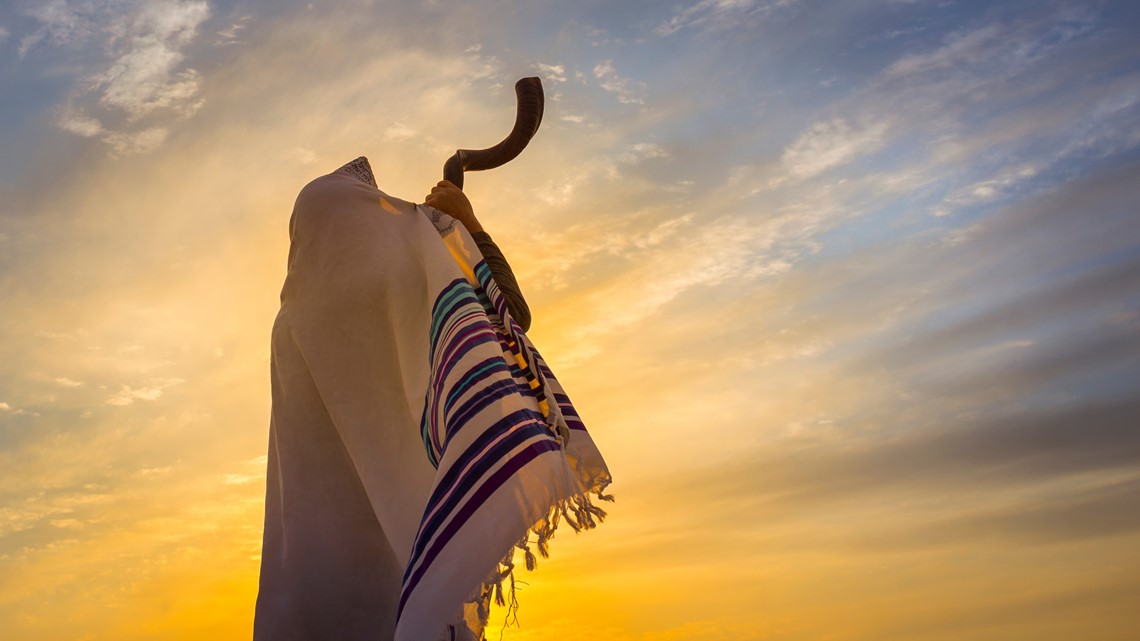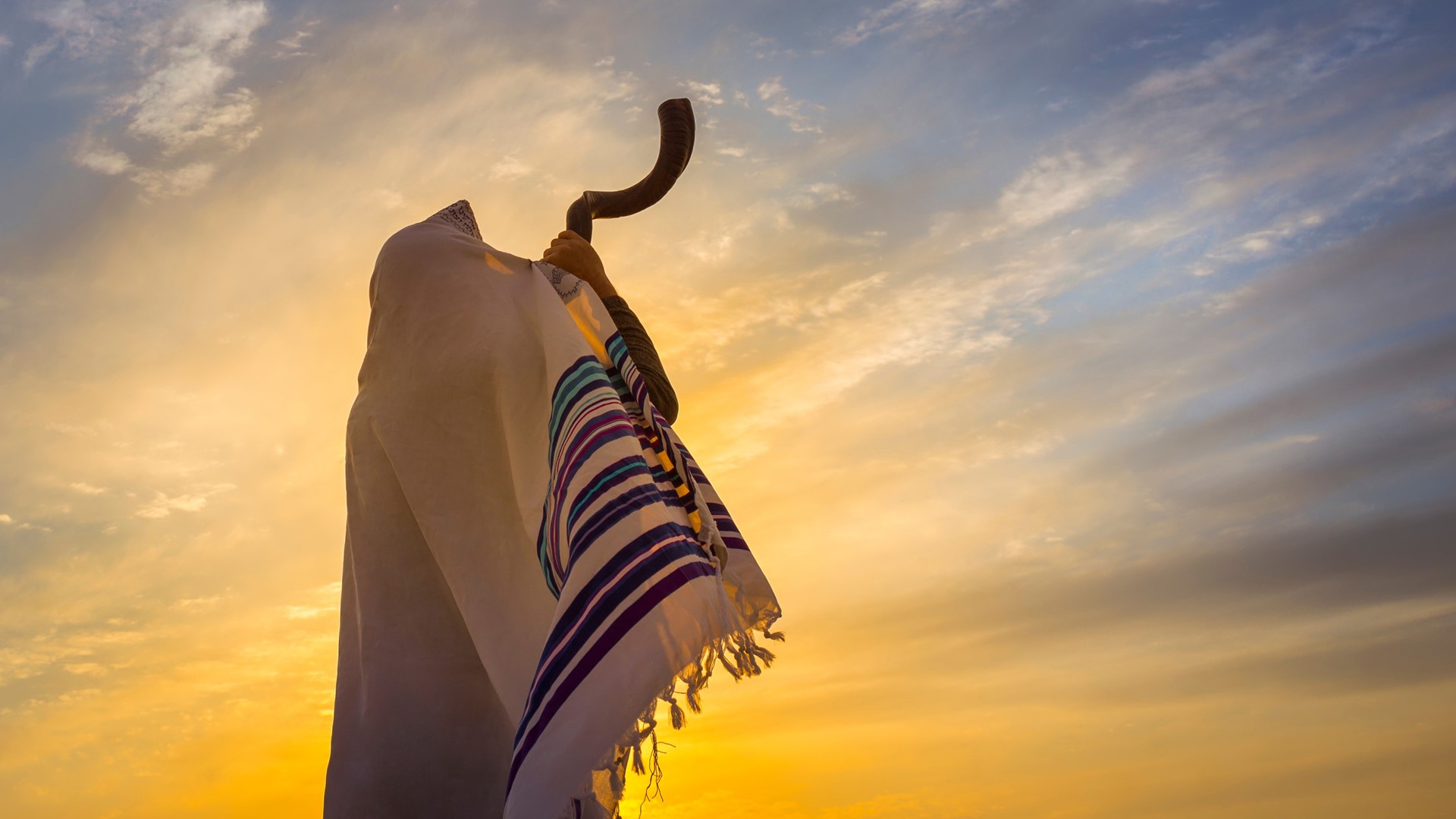ST. LOUIS — Jews from across the world will soon be celebrating Rosh Hashanah.
Rosh Hashanah, also known as the Jewish New Year, is one of Judaism’s holiest days, according to History.com. It begins on the first day of Tishrei, the seventh month of the Hebrew calendar.
Here’s everything you need to know about the holiday.
What is Rosh Hashanah?
Rosh Hashanah means “head of the year” or “first of the year,” according to jewfaq.org. That’s why it’s referred to as the Jewish New Year.
Rosh Hashanah is a time of year to look back on mistakes from the previous year and plan for changes in the coming year. This is a similar practice to when people make resolutions for the start of the new calendar year.
The holiday "commemorates the creation of the world," according to History.com. It also marks the beginning of the 10 Days of Awe – a 10-day period of "introspection and repentance."
Some Jews observe Rosh Hashanah for one day while others observe over a two-day period. Work is prohibited during the holiday and religious Jews spend most of the day in the synagogue.
During Rosh Hashanah, rabbis and their congregations read from a special prayer book known as the machzor. They also do this during Yom Kippur.
Sounding of the shofar
The Bible refers to the holiday as Yom Ha-Zikkaron, meaning the day of remembrance, or Yom Teruah, the day of the sounding of the shofar, according to jewfaq.org.
The shofar is a trumpet made from a ram’s horn and is an essential part of Rosh Hashanah and Yom Kippur. The sound of the horn serves as a call to repentance and a “reminder to Jews that God is their king,” according to History.com.
The shofar blower plays four sets of notes: tekiah, a long blast; shevarim, three short blasts; teruah, nine staccato blasts; and tekiah gedolah, a very long blast.


Customs of Rosh Hashanah
After religious services are over, many Jews celebrate with a festive meal and other customs. Here are a few symbols and customs of Rosh Hashanah.
Apples and honey – Ancient Jews believed apples had healing properties and honey signifies the hope that the new year will be sweet.
Round challah – On Jewish holidays, Jews eat loaves of the traditional braided bread known as challah. On Rosh Hashanah, the bread is often baked in a round shape to symbolize the circle of life and the crown of God.
Tashlich – Some Jews practice this custom which means “casting off.” Casting off is the practice of throwing pieces of bread into a flowing body of water while reciting prayers. The bread symbolizes the sins of the past year.
L’shana tovah – This Hebrew phrase means “for a good year” and Jews will greet each other this way on Rosh Hashanah.
When is Rosh Hashanah?
This year, Rosh Hashanah begins on Sunday, Sept. 25 and ends the evening of Tuesday, Sept. 27. The date varies every year since it’s based on the Hebrew calendar, according to History.com.
Rosh Hashanah is almost always in September or October.
Celebrating in St. Louis
Straub's
Straub's has a full menu to help you celebrate the holiday. The store is offering a brisket dinner, pomegranate chicken breast with pecans dinner and a quiche brunch for four.
Straub’s also has individual entrees, side dishes, desserts and breads.
To order your Rosh Hashanah feast, visit Straub’s website.
Whole Foods Market
Whole Foods is offering a wine braised brisket meal for eight, honey lemon salmon meal for four and a cider glazed chicken meal for four.
It is also offering several entrees, sides and a few selections of wine for the occasion.
Whole Foods has locations in the Central West End, Town and Country and at the St. Louis Galleria. To place an order, visit the Whole Foods website.
Shofar in the Park
The St. Louis Chabad centers are offering 30-minute, family-friendly shofar services throughout the St. Louis area. These services will include the sounding of the shofar, tashlich and apple and honey.
This event will be held on Sept. 26 in Creve Coeur, University City, Central West End, WashU in St. Louis, Chesterfield and St. Charles County.
To reserve your spot at one of these locations, click here.
If you know of more events or specials for Rosh Hashanah, send us an email.

